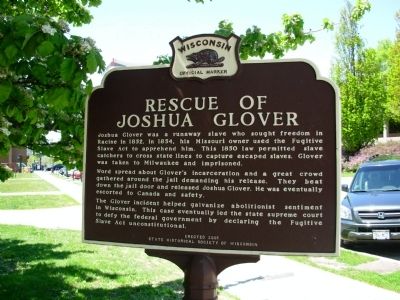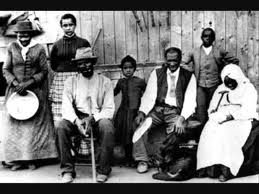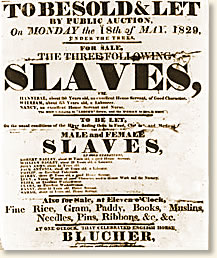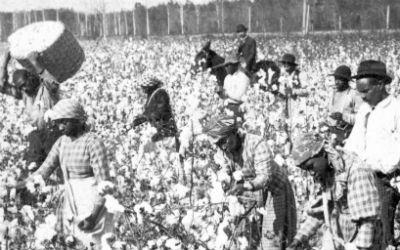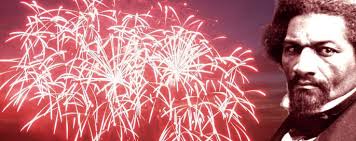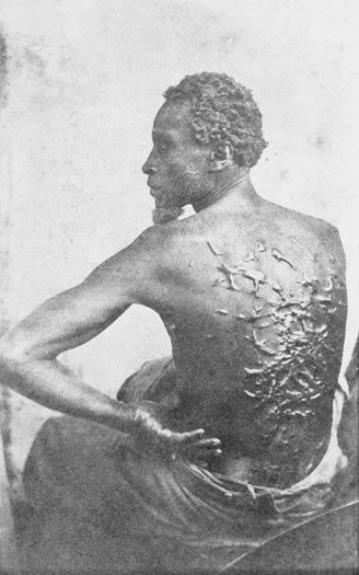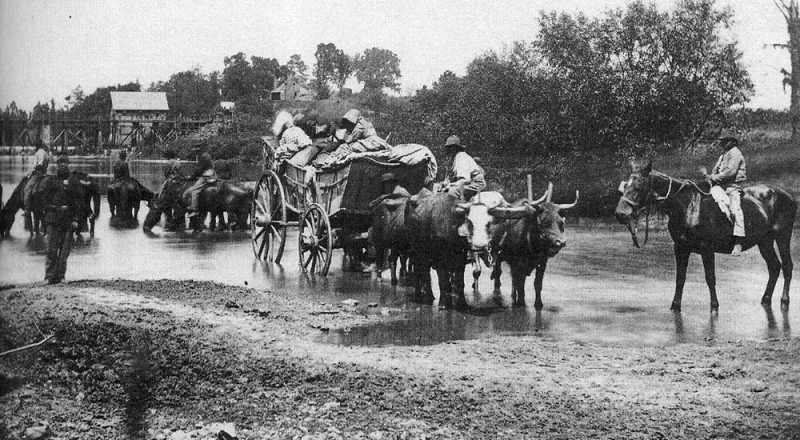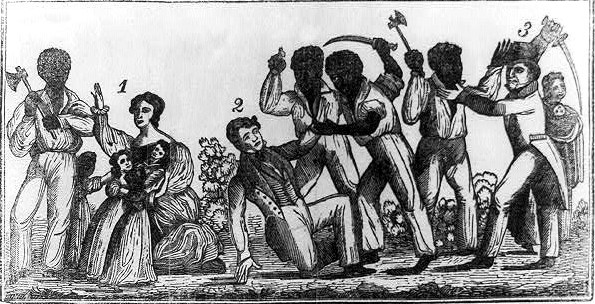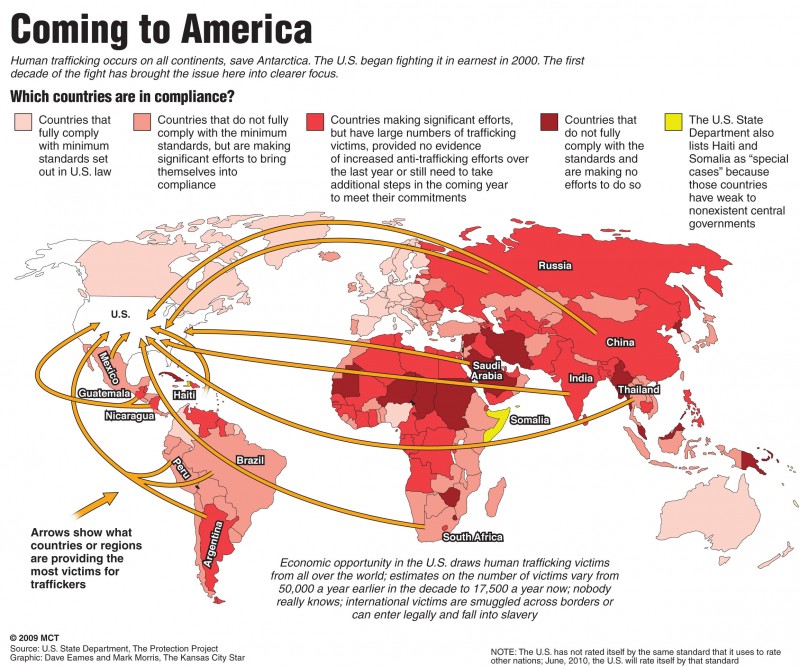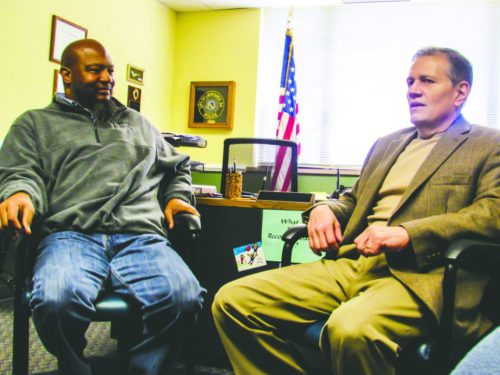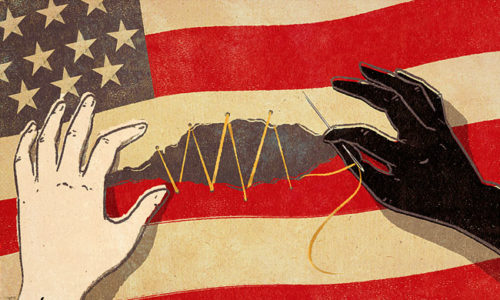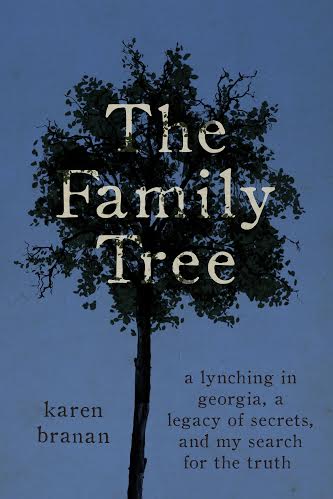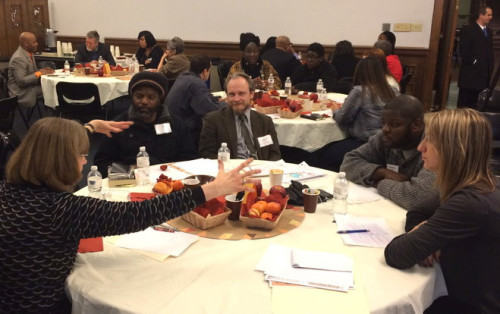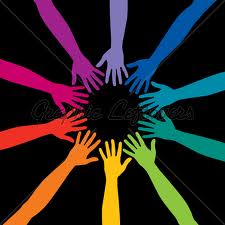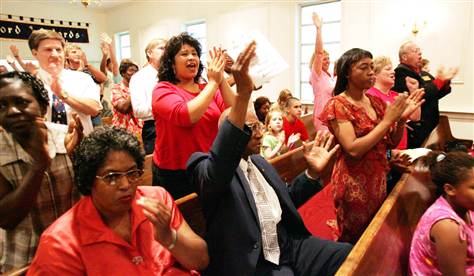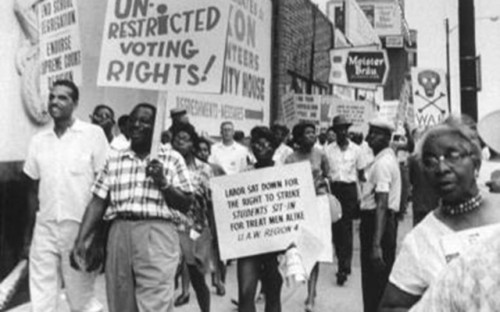Reconciliation
Explore Our Online Exhibits
Breaking News
Worldwide Community Events
Week 3
- Sun 30
- Mon 31
- Tue 1
- Wed 2
- Thu 3
- Fri 4
- Sat 5
- Sun 6
- Mon 7
- Tue 8
- Wed 9
- Thu 10
- Fri 11
- Sat 12
- Sun 13
- Mon 14
- Tue 15
- Wed 16
- Thu 17
- Fri 18
- Sat 19
- Sun 20
- Mon 21
- Tue 22
- Wed 23
- Thu 24
- Fri 25
- Sat 26
- Sun 27
- Mon 28
- Tue 29
- Wed 30
- Thu 1
- Fri 2
- Sat 3
-
30March

Discounted Tours Every Wednesday
ABHM in Milwaukee, WI30March30March 30March
30March 8:00 AM - 12:00 AM
8:00 AM - 12:00 AMSailing to Freedom: Maritime Dimensions of the Underground Railroad
Chesapeake Bay Maritime Museum30March 8:00 AM - 12:00 AM
8:00 AM - 12:00 AMEbb/Flow: Pritika Chowdhry, Chotsani Elaine Dean and Courtney M. Leonard
Weisman Art Museum -
31March

Discounted Tours Every Wednesday
ABHM in Milwaukee, WI31March31March 31March
31March All Day
All DaySailing to Freedom: Maritime Dimensions of the Underground Railroad
Chesapeake Bay Maritime Museum31March
-
01April

Discounted Tours Every Wednesday
ABHM in Milwaukee, WI01April01April 01April
01April All Day
All DaySailing to Freedom: Maritime Dimensions of the Underground Railroad
Chesapeake Bay Maritime Museum01April
-
02April

Discounted Tours Every Wednesday
ABHM in Milwaukee, WI02April02April 02April
02April All Day
All DaySailing to Freedom: Maritime Dimensions of the Underground Railroad
Chesapeake Bay Maritime Museum02April
-
03April

Discounted Tours Every Wednesday
ABHM in Milwaukee, WI03April03April 03April
03April All Day
All DaySailing to Freedom: Maritime Dimensions of the Underground Railroad
Chesapeake Bay Maritime Museum03April 03April
03April 6:00 PM - 7:00 PM
6:00 PM - 7:00 PMTracing Early African American Legacies in Minnesota
Winona County Historical Society -
04April

Discounted Tours Every Wednesday
ABHM in Milwaukee, WI04April04April 04April
04April All Day
All DaySailing to Freedom: Maritime Dimensions of the Underground Railroad
Chesapeake Bay Maritime Museum04April
-
05April

Discounted Tours Every Wednesday
ABHM in Milwaukee, WI05April05April 05April
05April All Day
All DaySailing to Freedom: Maritime Dimensions of the Underground Railroad
Chesapeake Bay Maritime Museum05April 05April
05April 05April
05April
-
06April

Discounted Tours Every Wednesday
ABHM in Milwaukee, WI06April06April 06April
06April All Day
All DaySailing to Freedom: Maritime Dimensions of the Underground Railroad
Chesapeake Bay Maritime Museum06April
-
07April

Discounted Tours Every Wednesday
ABHM in Milwaukee, WI07April07April 07April
07April All Day
All DaySailing to Freedom: Maritime Dimensions of the Underground Railroad
Chesapeake Bay Maritime Museum07April
-
08April

Discounted Tours Every Wednesday
ABHM in Milwaukee, WI08April08April 08April
08April All Day
All DaySailing to Freedom: Maritime Dimensions of the Underground Railroad
Chesapeake Bay Maritime Museum08April
-
09April

Discounted Tours Every Wednesday
ABHM in Milwaukee, WI09April09April 09April
09April All Day
All DaySailing to Freedom: Maritime Dimensions of the Underground Railroad
Chesapeake Bay Maritime Museum09April
-
10April

Discounted Tours Every Wednesday
ABHM in Milwaukee, WI10April10April 10April
10April All Day
All DaySailing to Freedom: Maritime Dimensions of the Underground Railroad
Chesapeake Bay Maritime Museum10April 10April
10April
-
11April

Discounted Tours Every Wednesday
ABHM in Milwaukee, WI11April11April 11April
11April All Day
All DaySailing to Freedom: Maritime Dimensions of the Underground Railroad
Chesapeake Bay Maritime Museum11April 11April
11April
Going To Work For The Community: A Visual History of BSLL
Grohmann Museum -
12April

Discounted Tours Every Wednesday
ABHM in Milwaukee, WI12April12April 12April
12April All Day
All DaySailing to Freedom: Maritime Dimensions of the Underground Railroad
Chesapeake Bay Maritime Museum12April 12April
12April
Going To Work For The Community: A Visual History of BSLL
Grohmann Museum -
13April

Discounted Tours Every Wednesday
ABHM in Milwaukee, WI13April13April 13April
13April All Day
All DaySailing to Freedom: Maritime Dimensions of the Underground Railroad
Chesapeake Bay Maritime Museum13April 13April
13April
Going To Work For The Community: A Visual History of BSLL
Grohmann Museum -
14April

Discounted Tours Every Wednesday
ABHM in Milwaukee, WI14April14April 14April
14April All Day
All DaySailing to Freedom: Maritime Dimensions of the Underground Railroad
Chesapeake Bay Maritime Museum14April 14April
14April
Going To Work For The Community: A Visual History of BSLL
Grohmann Museum -
15April

Discounted Tours Every Wednesday
ABHM in Milwaukee, WI15April
National Association of Black Social Workers Conference 2025
Richmond, VA Marriott15April15April 15April
15April All Day
All DaySailing to Freedom: Maritime Dimensions of the Underground Railroad
Chesapeake Bay Maritime Museum15April 15April
15April
Going To Work For The Community: A Visual History of BSLL
Grohmann Museum -
16April

Discounted Tours Every Wednesday
ABHM in Milwaukee, WI16April
National Association of Black Social Workers Conference 2025
Richmond, VA Marriott16April16April 16April
16April All Day
All DaySailing to Freedom: Maritime Dimensions of the Underground Railroad
Chesapeake Bay Maritime Museum16April 16April
16April
Going To Work For The Community: A Visual History of BSLL
Grohmann Museum -
17April

Discounted Tours Every Wednesday
ABHM in Milwaukee, WI17April
National Association of Black Social Workers Conference 2025
Richmond, VA Marriott17April17April 17April
17April All Day
All DaySailing to Freedom: Maritime Dimensions of the Underground Railroad
Chesapeake Bay Maritime Museum17April 17April
17April
Going To Work For The Community: A Visual History of BSLL
Grohmann Museum -
18April

Discounted Tours Every Wednesday
ABHM in Milwaukee, WI18April
National Association of Black Social Workers Conference 2025
Richmond, VA Marriott18April18April 18April
18April All Day
All DaySailing to Freedom: Maritime Dimensions of the Underground Railroad
Chesapeake Bay Maritime Museum18April 18April
18April
Going To Work For The Community: A Visual History of BSLL
Grohmann Museum -
19April

Discounted Tours Every Wednesday
ABHM in Milwaukee, WI19April
National Association of Black Social Workers Conference 2025
Richmond, VA Marriott19April19April 19April
19April All Day
All DaySailing to Freedom: Maritime Dimensions of the Underground Railroad
Chesapeake Bay Maritime Museum19April 19April
19April
Going To Work For The Community: A Visual History of BSLL
Grohmann Museum -
20April

Discounted Tours Every Wednesday
ABHM in Milwaukee, WI20April20April 20April
20April All Day
All DaySailing to Freedom: Maritime Dimensions of the Underground Railroad
Chesapeake Bay Maritime Museum20April 20April
20April
Going To Work For The Community: A Visual History of BSLL
Grohmann Museum -
21April

Discounted Tours Every Wednesday
ABHM in Milwaukee, WI21April21April 21April
21April All Day
All DaySailing to Freedom: Maritime Dimensions of the Underground Railroad
Chesapeake Bay Maritime Museum21April 21April
21April
Going To Work For The Community: A Visual History of BSLL
Grohmann Museum -
22April

Discounted Tours Every Wednesday
ABHM in Milwaukee, WI22April22April 22April
22April All Day
All DaySailing to Freedom: Maritime Dimensions of the Underground Railroad
Chesapeake Bay Maritime Museum22April 22April
22April
Going To Work For The Community: A Visual History of BSLL
Grohmann Museum -
23April

Discounted Tours Every Wednesday
ABHM in Milwaukee, WI23April23April 23April
23April All Day
All DaySailing to Freedom: Maritime Dimensions of the Underground Railroad
Chesapeake Bay Maritime Museum23April 23April
23April
Going To Work For The Community: A Visual History of BSLL
Grohmann Museum -
24April

Discounted Tours Every Wednesday
ABHM in Milwaukee, WI24April24April 24April
24April All Day
All DaySailing to Freedom: Maritime Dimensions of the Underground Railroad
Chesapeake Bay Maritime Museum24April 24April24April
24April24April
Going To Work For The Community: A Visual History of BSLL
Grohmann Museum24April
-
25April

Discounted Tours Every Wednesday
ABHM in Milwaukee, WI25April25April 25April
25April All Day
All DaySailing to Freedom: Maritime Dimensions of the Underground Railroad
Chesapeake Bay Maritime Museum25April 25April25April
25April25April
Going To Work For The Community: A Visual History of BSLL
Grohmann Museum -
26April

Discounted Tours Every Wednesday
ABHM in Milwaukee, WI26April26April 26April
26April All Day
All DaySailing to Freedom: Maritime Dimensions of the Underground Railroad
Chesapeake Bay Maritime Museum26April 26April26April
26April26April
Going To Work For The Community: A Visual History of BSLL
Grohmann Museum -
27April

Discounted Tours Every Wednesday
ABHM in Milwaukee, WI27April27April 27April
27April All Day
All DaySailing to Freedom: Maritime Dimensions of the Underground Railroad
Chesapeake Bay Maritime Museum27April 27April27April
27April27April
Going To Work For The Community: A Visual History of BSLL
Grohmann Museum -
28April

Discounted Tours Every Wednesday
ABHM in Milwaukee, WI28April28April 28April
28April All Day
All DaySailing to Freedom: Maritime Dimensions of the Underground Railroad
Chesapeake Bay Maritime Museum28April 28April28April
28April28April
Going To Work For The Community: A Visual History of BSLL
Grohmann Museum -
29April

Discounted Tours Every Wednesday
ABHM in Milwaukee, WI29April29April 29April
29April All Day
All DaySailing to Freedom: Maritime Dimensions of the Underground Railroad
Chesapeake Bay Maritime Museum29April 29April29April
29April29April
Going To Work For The Community: A Visual History of BSLL
Grohmann Museum -
30April

Discounted Tours Every Wednesday
ABHM in Milwaukee, WI30April30April 30April
30April All Day
All DaySailing to Freedom: Maritime Dimensions of the Underground Railroad
Chesapeake Bay Maritime Museum30April 30April30April
30April30April 30April
30April
Going To Work For The Community: A Visual History of BSLL
Grohmann Museum -
01May

Discounted Tours Every Wednesday
ABHM in Milwaukee, WI01May01May 01May
01May All Day
All DaySailing to Freedom: Maritime Dimensions of the Underground Railroad
Chesapeake Bay Maritime Museum01May 01May01May
01May01May 01May
01May
Going To Work For The Community: A Visual History of BSLL
Grohmann Museum -
02May

Discounted Tours Every Wednesday
ABHM in Milwaukee, WI02May02May 02May
02May All Day
All DaySailing to Freedom: Maritime Dimensions of the Underground Railroad
Chesapeake Bay Maritime Museum02May 02May02May
02May02May 02May
02May
Going To Work For The Community: A Visual History of BSLL
Grohmann Museum -
03May

Discounted Tours Every Wednesday
ABHM in Milwaukee, WI03May03May 03May
03May All Day
All DaySailing to Freedom: Maritime Dimensions of the Underground Railroad
Chesapeake Bay Maritime Museum03May 03May03May
03May03May 03May
03May
Going To Work For The Community: A Visual History of BSLL
Grohmann Museum
Share
"Reconciliation" is one of America's Black Holocaust Museum's four themes, which serve as pillars in our virtual museum. While redemption focuses more on personal actions and growth, reconciliation is a multifaceted societal ideal involving positive relationships between the Black and non-Black communities. Racial reconciliation requires honesty and openness as we examine and acknowledge the harm caused by racism and adjust society and our attitudes to end present harm and move closer to equality.
Our founder, Dr. James Cameron, encouraged us to remember and to speak honestly and respectfully about our shared racial history, believing this would lead to racial reconciliation.
Many events and breaking news articles continue to showcase this theme as Black Americans break stereotypes and barriers to success.
ABHM calls on people everywhere to work for liberty and justice for all. Stand with us by signing our Freedom Lovers’ Pledge. Let others know of your commitment by putting your name (and photo if you’re willing) alongside other Freedom Lovers on our Roll Call Wall. Thank you!
Read More About This TopicThe police chief of Lagrange, Georgia, along with the city’s mayor and the white business community, issued an apology to the Callaway family and the NAACP for the 1940 lynching of teenaged Austin Callaway. A commemorative ceremony and memorial plaque will be placed to honor Callaway and other victims of lynchings in the county.
Read More About This TopicA long-time white anti-bias educator and activist finds that her fellow white Americans are increasingly eager to understand America’s racial hierarchy and their part in it. A discussion of the roots and impacts of the White Racial Frame and what white people can do about it.
Read More About This TopicKaren Branan returns to her ancestral home in Georgia to discover the truth behind the lynching of three black men and a black woman in 1912 – including the complicity of her family. She tells the story in a new book, The Family Tree.
Read More About This TopicA video series of presentations by scholars and activists at ABHM’s 2014 Gathering for Racial Repair and Reconciliation.
Read More About This TopicThe exhibit provides an overview of the topic through text and videos. It samples processes for repair and reconciliation in use around the country, along with links to books, videos, and websites for deeper understanding and action.
Read More About This TopicABHM’s Virtual Museum Director reflects on her experiences at the Gathering for Racial Repair and Reconciliation honoring the museum’s founder, Dr. James Cameron.
Read More About This TopicHundreds gathered in a small town church in Abbeville, South Carolina, known as the the birthplace of the Confederacy. Descendants of Anthony Crawford and descendants of his lynchers joined in a service of apology, forgiveness and reconciliation for that lynching and other racial injustices that took place there nearly a century ago.
Read More About This TopicFrom about 1900 to 1965, most African Americans were not allowed to vote in the South. White people in power used many methods to keep black people from voting. Some of these methods also prevented poor white people from voting. Today there are still laws and customs that make it harder for African Americans, other minorities, and some whites to vote.
Read More About This Topic